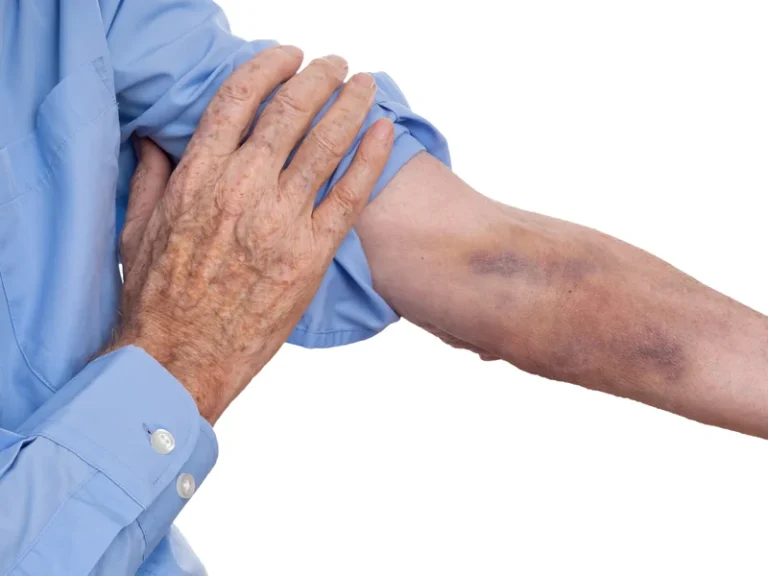Overall, up to 12% of young people ages 12 to 20 years old meet the criteria for a diagnosis of alcohol abuse or dependence. About 12% of teen males and 3% of teen females are chronic heavy drinkers in high school and continue to drink heavily as adults. Although binge drinking can have negative health consequences, not all people who binge drink are necessarily addicted to alcohol. Lastly, people who start drinking earlier in life have a higher risk of developing alcohol use disorder later in life. Young people who drink alcohol are more likely to engage in risky behaviors that can lead to injuries and other health conditions.
Diseases and Health Conditions
Significant statistics regarding alcohol use in teens include that about half of junior high and senior high school students drink alcohol on a monthly basis, and 14% of teens have been intoxicated at least teenage alcoholism once in the past year. Nearly 8% of teens who drink say they drink at least five or more alcoholic drinks in a row (binge drinking). This fact sheet is written specifically for preteens and teens.
What if I’m Worried About Someone Else’s Drinking?
For more information about alcohol’s effects on the body, please see the NIAAA Interactive Body. This talk may be a challenging but necessary first step in getting your teen the help they need. Recognizing AUD in teenagers isn’t always easy, but it can be the first step in offering them the support they need. A .gov website belongs to an official government organization in the United States.
Physical and mental conditions:
The 11 facts you want are below, and the sources for the facts are at the very bottom of the page. Teens who drink put themselves at risk for obvious problems with the law (it’s illegal; you can get arrested). Teens who drink are also more likely to get into fights and commit crimes than those who don’t.
Free Healthbeat Signup
The impression is that drinking is cool, but the nervous system changes that come from drinking alcohol can make people do stupid or embarrassing things, like throwing up or peeing on themselves. Drinking also gives people bad breath, and no one enjoys a hangover. The more we know about how alcohol affects the adolescent brain, the more we can inform the conversations about alcohol that we have with teens. Therefore, it is important to educate teens not only about the risks of drinking and driving but also to help them plan for situations to avoid it. For example, teens should be taught to never drink and drive.
Talk. They Hear You: Why You Should Talk with Your Child About Alcohol and Other Drugs Fact Sheet
- However, medical professionals have not approved any of these medications to treat alcoholism in people less than 18 years of age.
- The Substance Abuse and Mental Health Services Administration (SAMHSA) provides the most reliable estimates of alcohol use by young people in the United States.
- If you’re worried about your teen using alcohol, it may be tempting to take an extremely strict approach or overemphasize the risks of alcohol use.
- Different strategies for turning down alcohol work for different people.
- The information we provide is not intended to be a substitute for professional medical advice, diagnosis or treatment.
Teenage Alcoholism: Underage Drinking Facts and Statistics
- These effects can mean that a teenager doesn’t do as well in school, resulting in lifelong negative impact on their potential.
- If you suspect someone is experiencing alcohol poisoning, call 911 immediately.
- Alcohol is the most widely used substance among America’s youth and can cause them enormous health and safety risks.
- As adolescents mature, they undergo complex developmental changes, especially in their brains.






